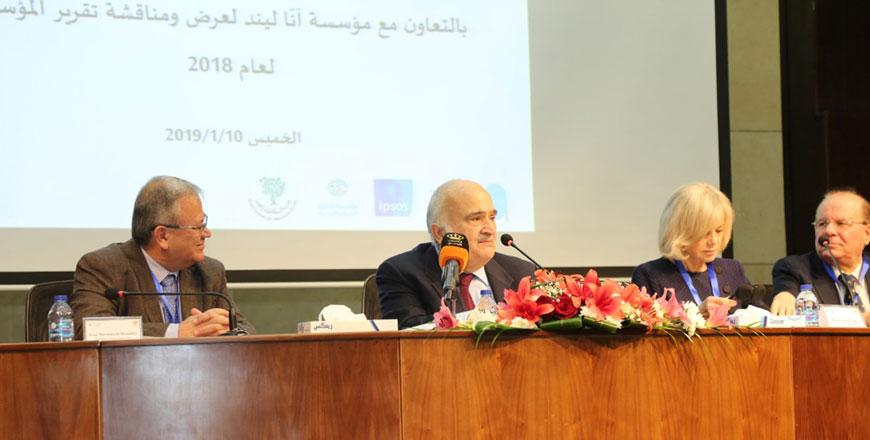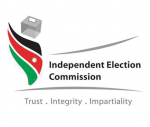You are here
Study reveals youth programmes can reduce cultural conflict, division
By Batool Ghaith - Dec 10,2021 - Last updated at Dec 10,2021

The majority of participants from the Anna Lindh/Ipsos Intercultural Trends Survey 2020 said that youth-led programmes are the most effective in promoting cohesion (JT file photo)
AMMAN — The Anna Lindh/Ipsos Intercultural Trends Survey 2020, which included more than 13,000 people located in 13 European and Arab countries, showed that implementing youth programmes is an effective way to reduce cultural conflict and division in the Euro-Mediterranean region.
The Anna Lindh Foundation Intercultural trends report presents analyses based on data from the fourth wave of the Intercultural Trends Survey, a study carried out across the Euro-Mediterranean to measure cross-cultural trends and social change.
In Europe, interviews were conducted in Croatia, Cyprus, Czech Republic, Germany, Greece, Ireland, Romania and Sweden.
In countries bordering the Southern and Eastern shore of the Mediterranean Sea (SEM), interviews were conducted in Algeria, Jordan, Lebanon, Mauritania and Morocco. In total, 13,264 citizens were interviewed, according to the survey.
The vast majority of participants said that youth-led programmes are the most effective in promoting cohesion, as well as technology, which is playing an increasingly prominent role, with 88 to 94 per cent of those surveyed saying that digital technology can be a force for good and has a positive impact on intercultural dialogue and interculturalism.
Sociology expert Hussein Khozahe emphasised the role of youth-led programmes.
“Such programmes play a great role in filling the free time of young people and investing it in effective issues in society and learning about the cultures of other countries and benefiting from them,” he told The Jordan Times.
Khozahe added that youth-led programmes also encourage and motivate young people to take initiative that may be effective and constructive, making them able to adapt to reality and relieve the social, economic and political pressures they have.
Khozahe highlighted that in the Arab world, young people make up a very large percentage of the population, with a quarter of the population comprising youth.
The survey indicated that the vast majority of people surveyed value religious diversity and are interested in other cultures, yet many believe that more effort needs to be done to correct stereotypes.
Participants in the survey from the countries of the southern and eastern Mediterranean region agreed "strongly" that cultural and religious diversity is important for the prosperity of their societies, reaching 59 per cent compared with 45 per cent of respondents from European countries.
The survey stated that 61 per cent of the respondents from Jordan said that social media is the most reliable media source they have for obtaining information about European countries.
The survey showed that 31 per cent of Jordanian respondents believe that women should play a greater role in government and politics, which is a very small percentage, while about 82 per cent of Jordanian respondents expressed that women should play a greater role at home.
Related Articles
AMMAN — The results of a new survey on Intercultural Trends in the Euro-Mediterranean region, conducted by the Anna Lindh Foundation, reveal
AMMAN — HRH Prince Hassan, chairperson of the Royal Institute for Interfaith Studies’ Board of Trustees, on Saturday called for the reinforc
AMMAN — A Virtual Exchange programme is providing youth living in Jordan a chance to engage in an innovative intercultural learning experien

















